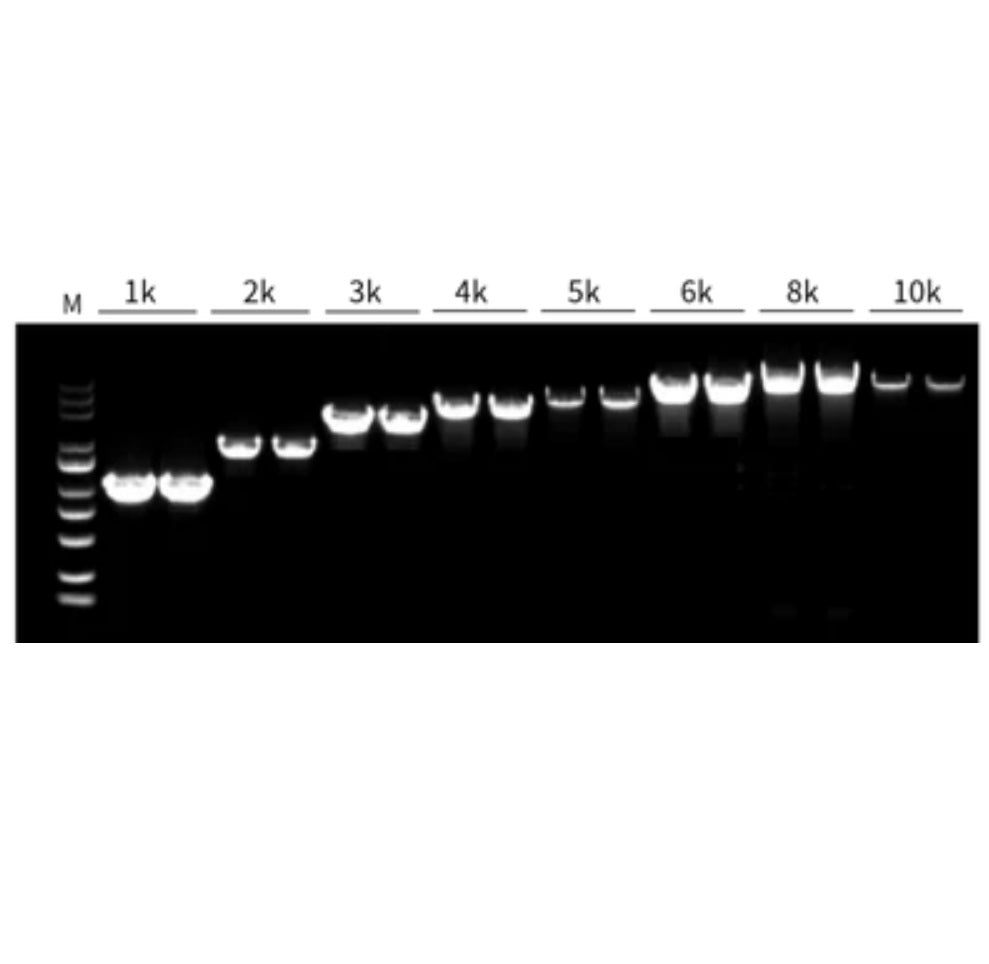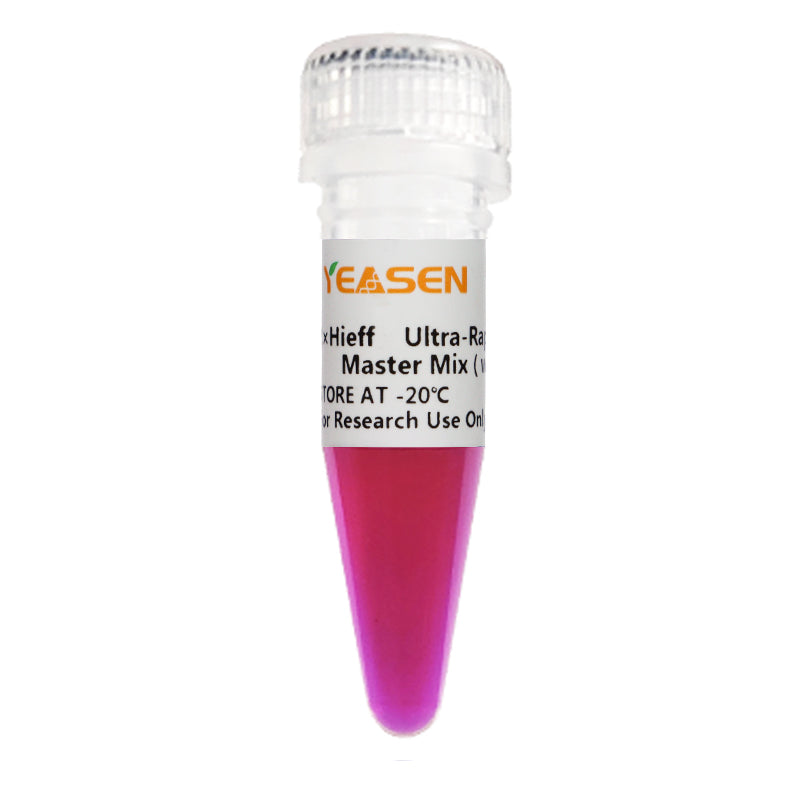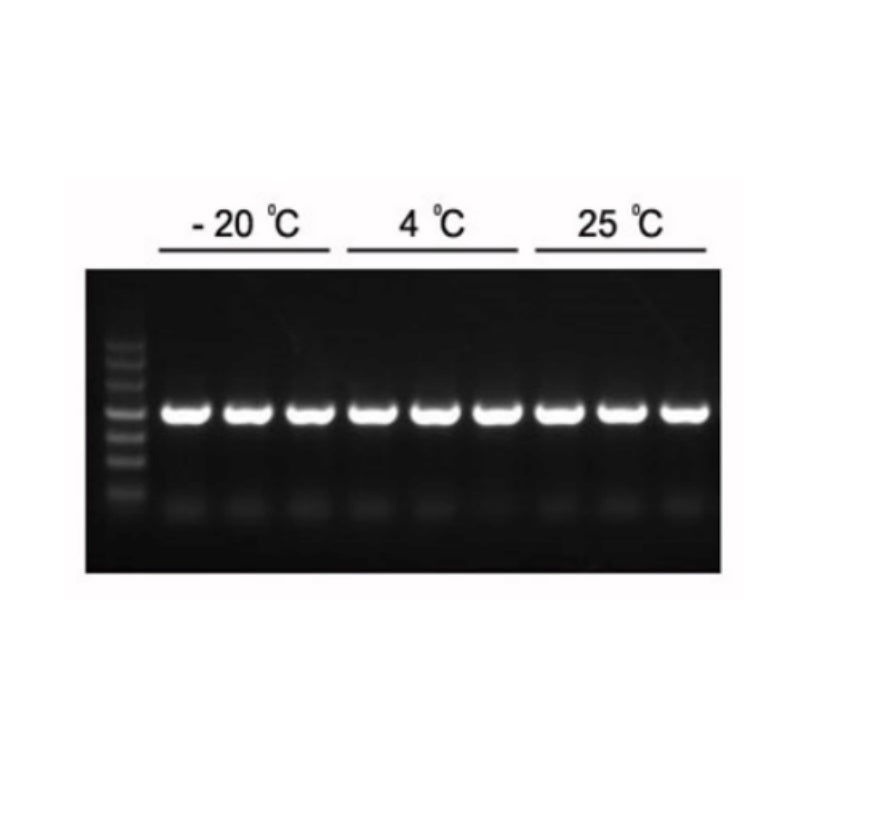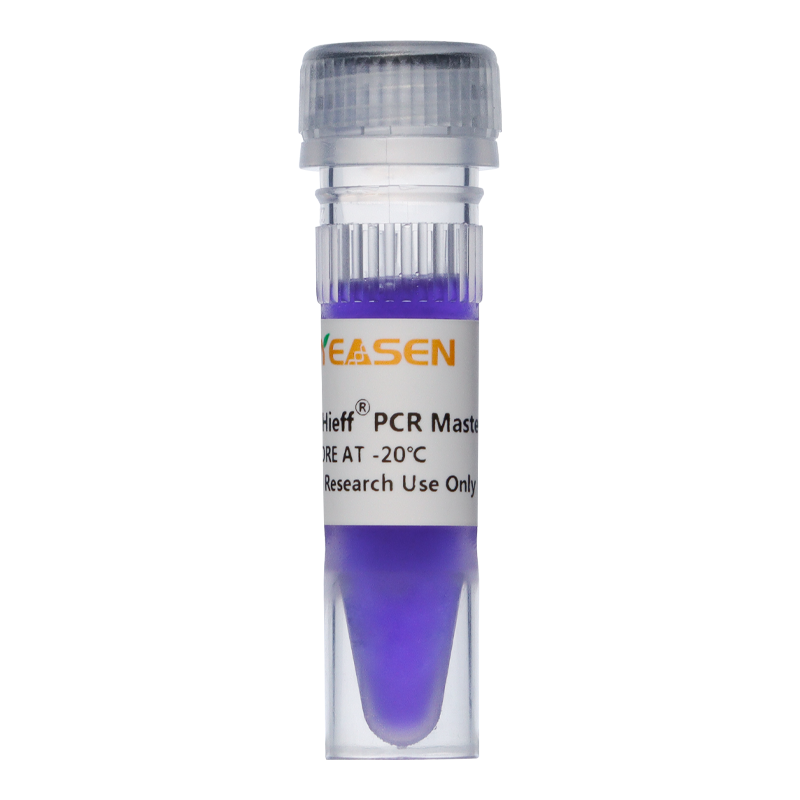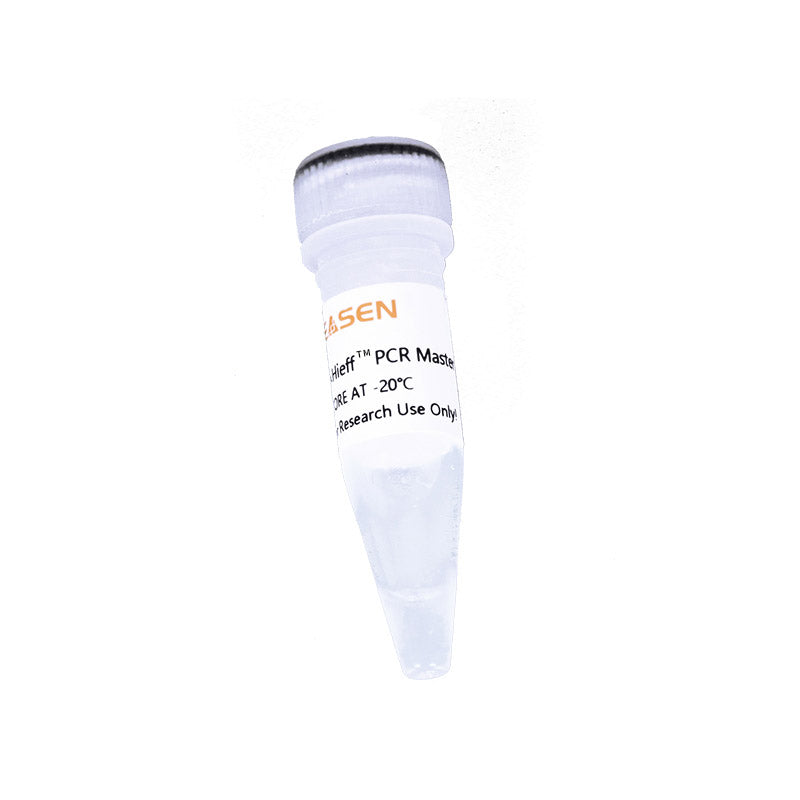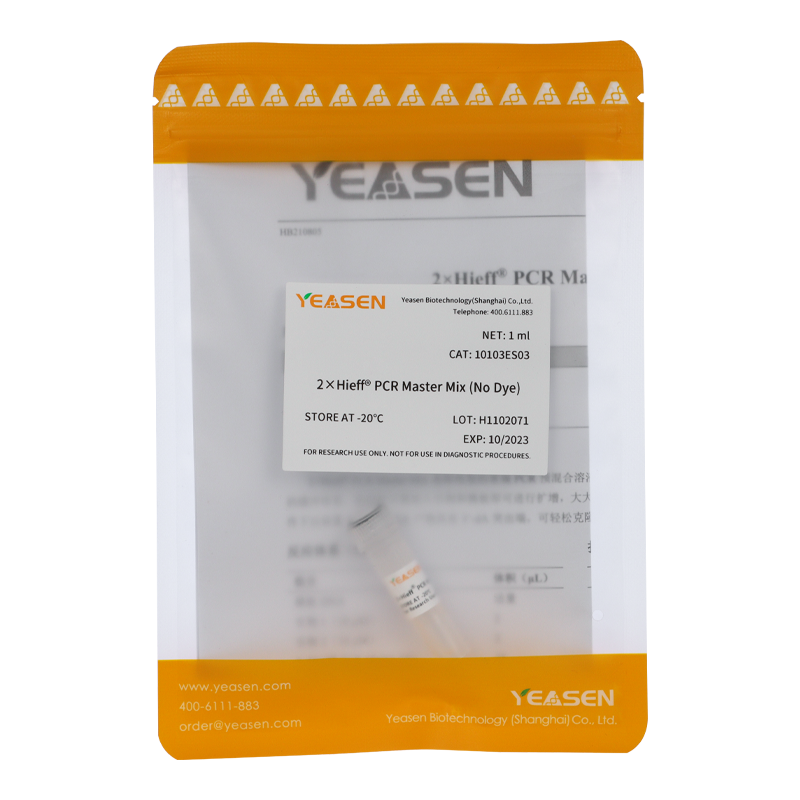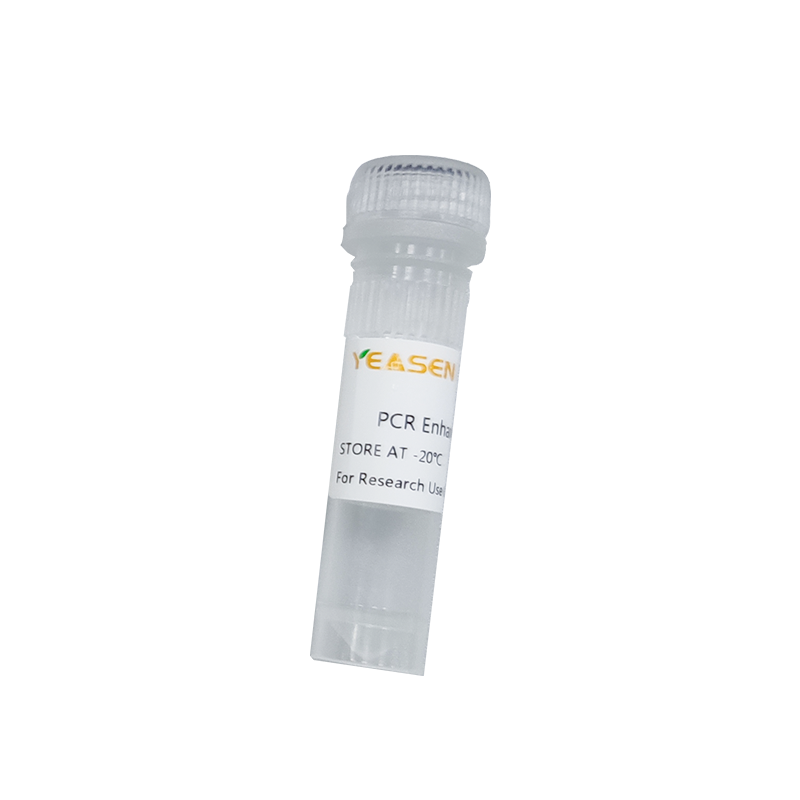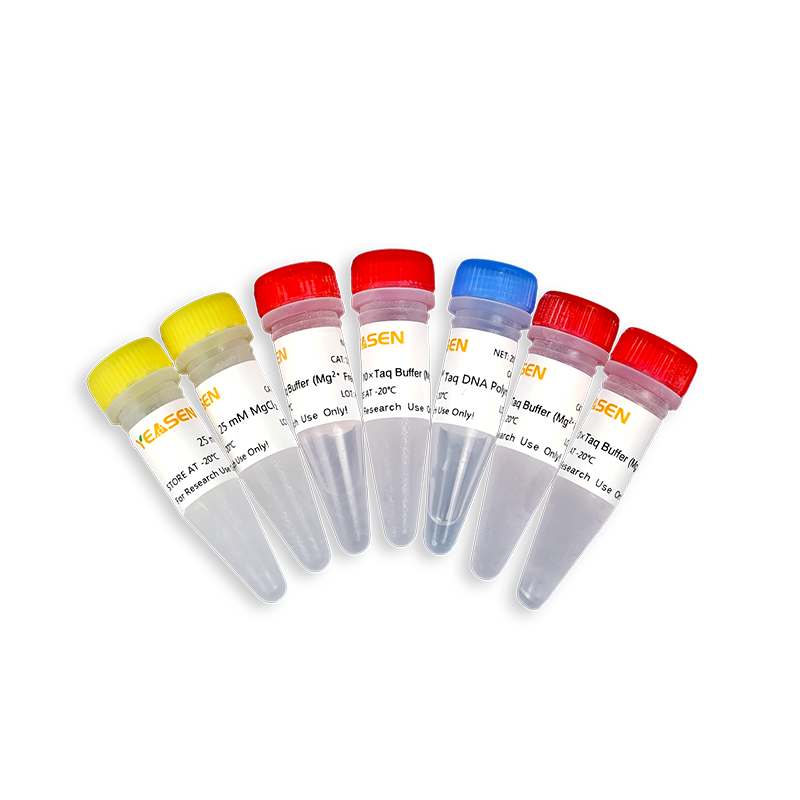Product Categories
-
-
- Enzyme Selection guide (32)
- DNA polymerase (17)
- RNA polymerase (4)
- Reverse Transcriptase (5)
- DNA/RNA Ligase (6)
- Nuclease (26)
- Modification enzyme (19)
- Restriction Enzymes (28)
- RNase Inhibitor (4)
- Gene-Editing Enzyme (4)
- Transposase (0)
- Protease (16)
- Glycosidase (7)
- Other Enzymes (1)
- Multifunctional enzyme (0)
- Capping enzyme (3)
- Phosphatase (2)
- Bioactive Molecules (15)
Conventional PCR
5 products
Showing 1 - 5 of 5 products
Polymerase Chain Reaction (PCR) is a cornerstone molecular biology technique that enables the in vitro amplification of specific DNA fragments. Conventional PCR has evolved into several specialized formats to address different experimental needs, ranging from speed and accuracy to fragment size and specificity.
1. Fast PCR
Principle: Utilizes optimized polymerases and buffer systems to shorten cycle times.
Key Feature: Rapid thermal cycling, often reducing amplification time by 50% or more.
Applications: High-throughput screening, routine genotyping, and time-sensitive assays.
2. Hot-Start PCR
Principle: Uses modified enzymes (e.g., antibody-blocked or chemically modified polymerases) that remain inactive at room temperature until heated.
Key Feature: Prevents non-specific amplification and primer-dimer formation.
Applications: Diagnostic assays, multiplex PCR, and experiments requiring high specificity and reproducibility.
3 Long-Fragment PCR
Principle: Combines specially engineered polymerases and optimized reaction conditions to amplify very large DNA templates.
Key Feature: Capable of amplifying DNA fragments over 20 kb in length.
Applications: Structural genomics, large gene cloning, and sequencing of long genomic regions or full-length viral genomes.
Blog
YEASEN Rapid PCR Mix: The 3 kb colony PCR is fast to 1s / kb! Detection rate is up to 100%!
Hieff Canace™ Series High-fidelity - Rapid High-fidelity, 5 seconds/kb, ensures fidelity and speed!
Direct PCR from Multiple Animal and Plant Samples——More Genotyping, Less Time and Fewer Reagents
